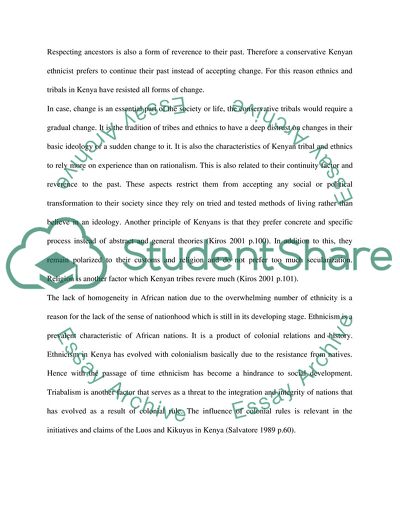Cite this document
(Kenya: Historical Impacts of Tribalism and Ethnicity Term Paper, n.d.)
Kenya: Historical Impacts of Tribalism and Ethnicity Term Paper. Retrieved from https://studentshare.org/history/1719578-kenya-historical-impacts-successes-and-failures-of-tribalism-ethnicism
Kenya: Historical Impacts of Tribalism and Ethnicity Term Paper. Retrieved from https://studentshare.org/history/1719578-kenya-historical-impacts-successes-and-failures-of-tribalism-ethnicism
(Kenya: Historical Impacts of Tribalism and Ethnicity Term Paper)
Kenya: Historical Impacts of Tribalism and Ethnicity Term Paper. https://studentshare.org/history/1719578-kenya-historical-impacts-successes-and-failures-of-tribalism-ethnicism.
Kenya: Historical Impacts of Tribalism and Ethnicity Term Paper. https://studentshare.org/history/1719578-kenya-historical-impacts-successes-and-failures-of-tribalism-ethnicism.
“Kenya: Historical Impacts of Tribalism and Ethnicity Term Paper”. https://studentshare.org/history/1719578-kenya-historical-impacts-successes-and-failures-of-tribalism-ethnicism.


